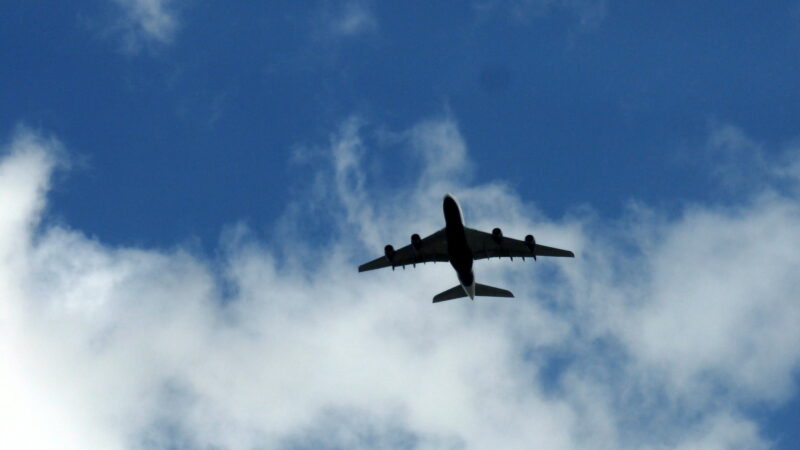
SPONSORED POST
In our skies each day, there are thousands of flights moving passengers and cargo all over the world while supporting the UK’s military and general aviation community.
The UK’s aviation network is the largest in Europe and the third largest in the world. The sector supports 960,000 jobs as well as thousands of businesses across the country.
But airspace has remained largely unchanged for several decades and does not enable modern aircraft to fly as efficiently as they could. In line with what’s happening around the rest of the world, UK airspace needs to be modernised to manage the expected demand for flying and support the aviation industry’s ambition to manage its environmental impact.
Studies suggest that by 2050, CO2 savings from airspace modernisation will be equivalent to 400,000 fewer flights. It will lead to the end of the ‘stacking’ of planes as we know it, where aircraft queue in a circular pattern waiting to land. New technologies mean aircraft will be better at absorbing delays en route and therefore achieve more predictable arrival slots. This means they use less fuel and passengers won’t be delayed as often in holding patterns.
Airspace modernisation will also stimulate job creation, with plans to modernise our airspace providing the capacity for the aviation industry to deliver over £29 billion to the UK economy and 116,000 jobs by 2035. This is an opportunity to transform our skies and make journeys quicker, quieter and cleaner.




More from LabourList
‘After years of cuts, Labour’s local government settlement begins to put things right’
‘The Sherriff of Wild Westminster: what must change in elections bill’
‘The hope that kills you’: Reflections from the final day in Gorton and Denton